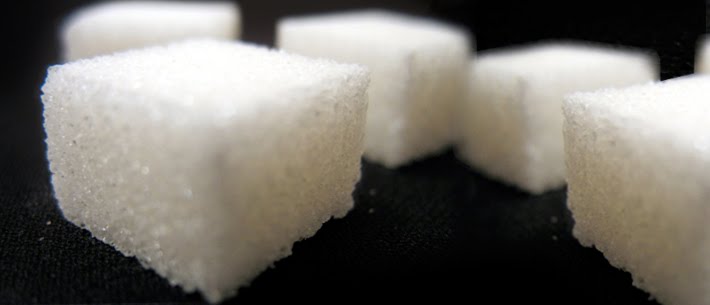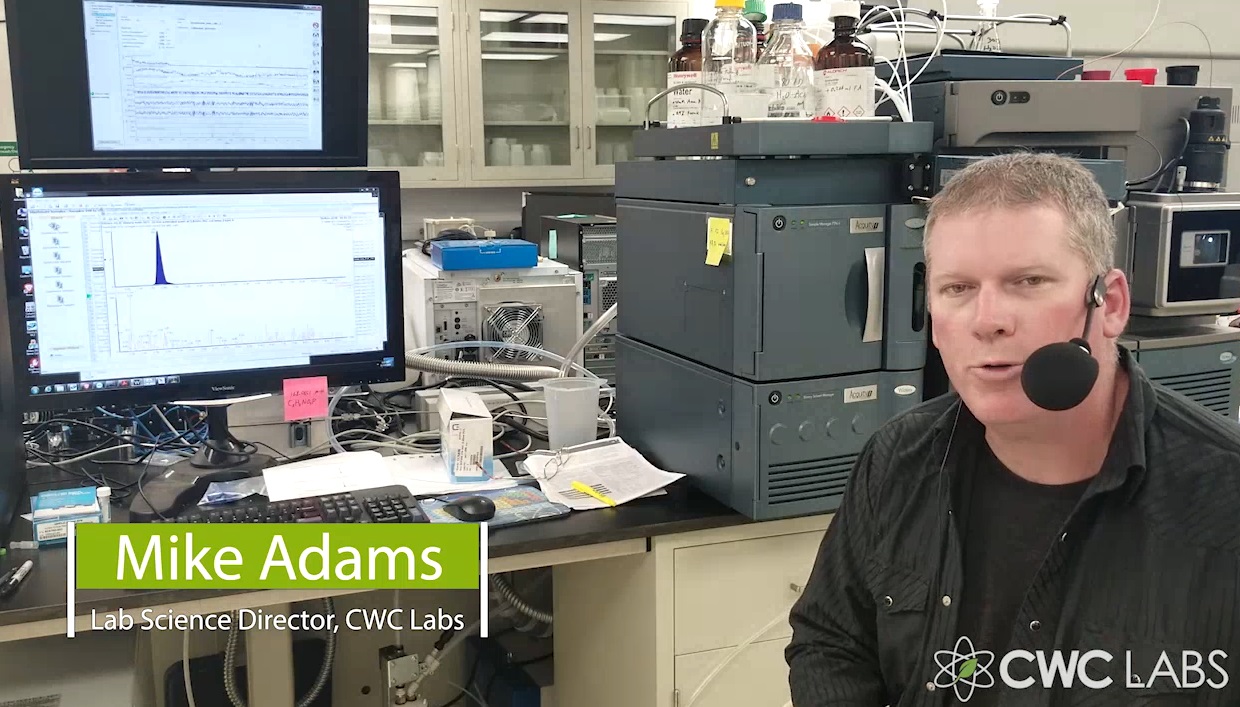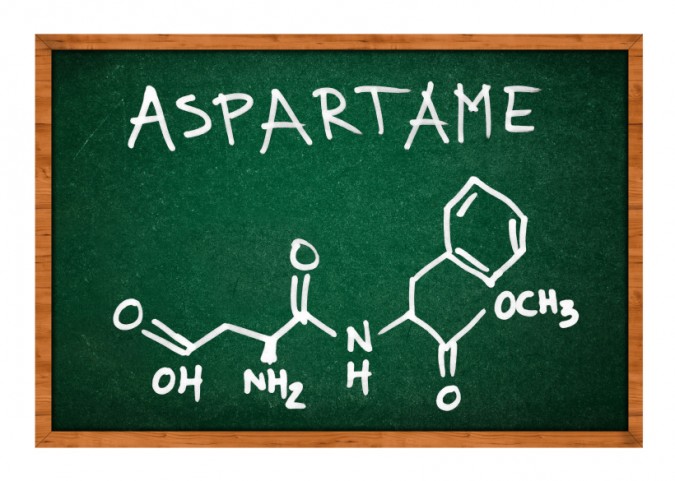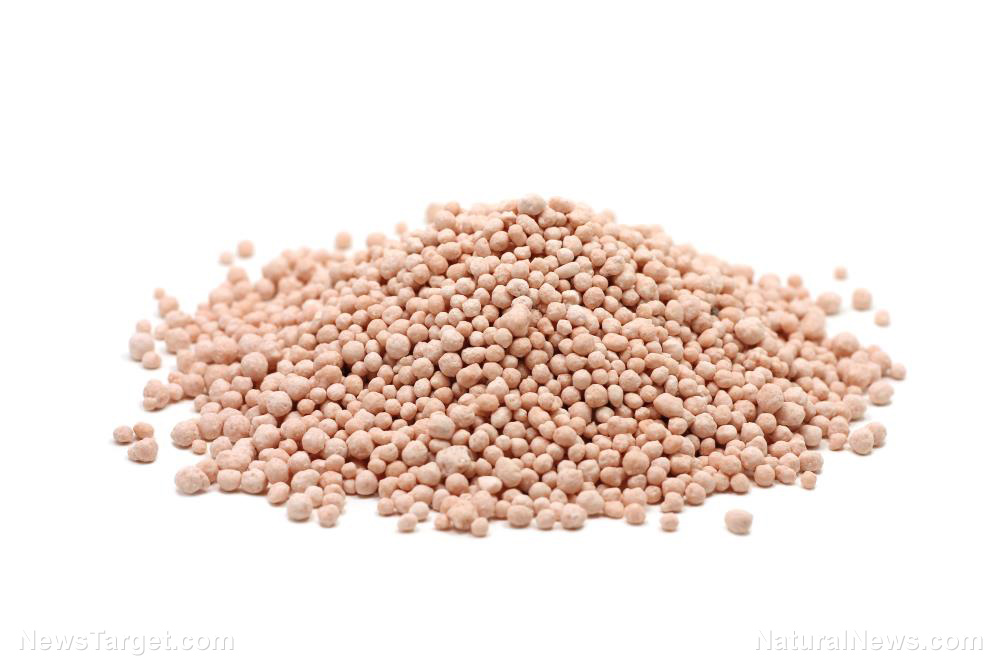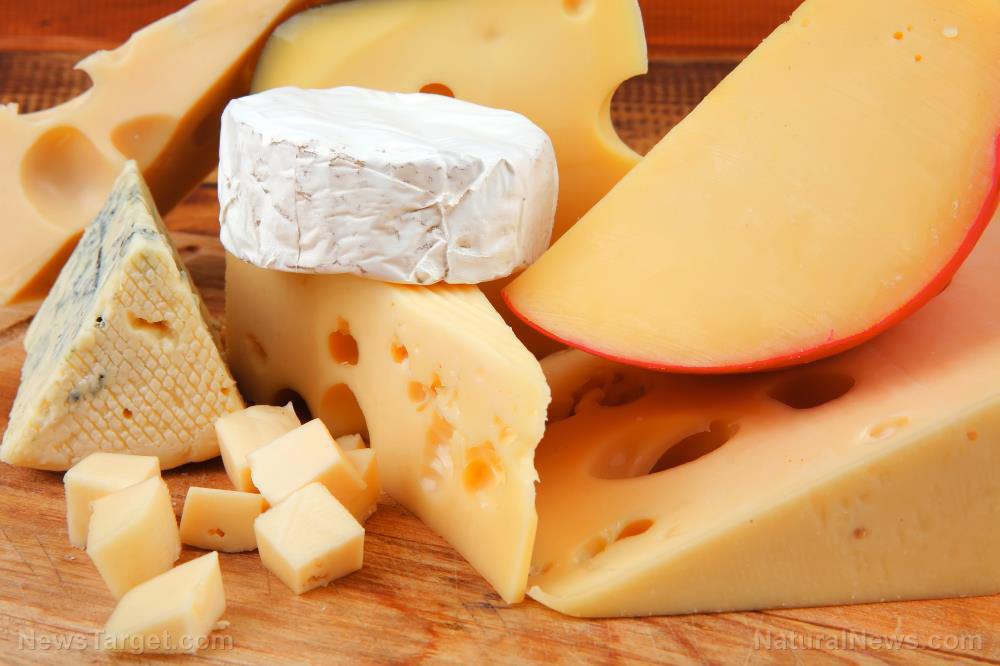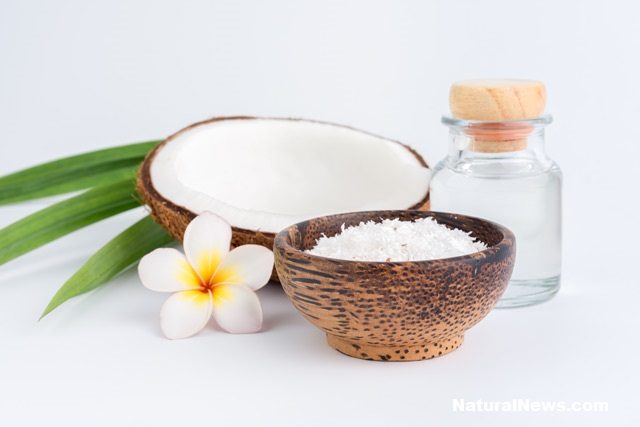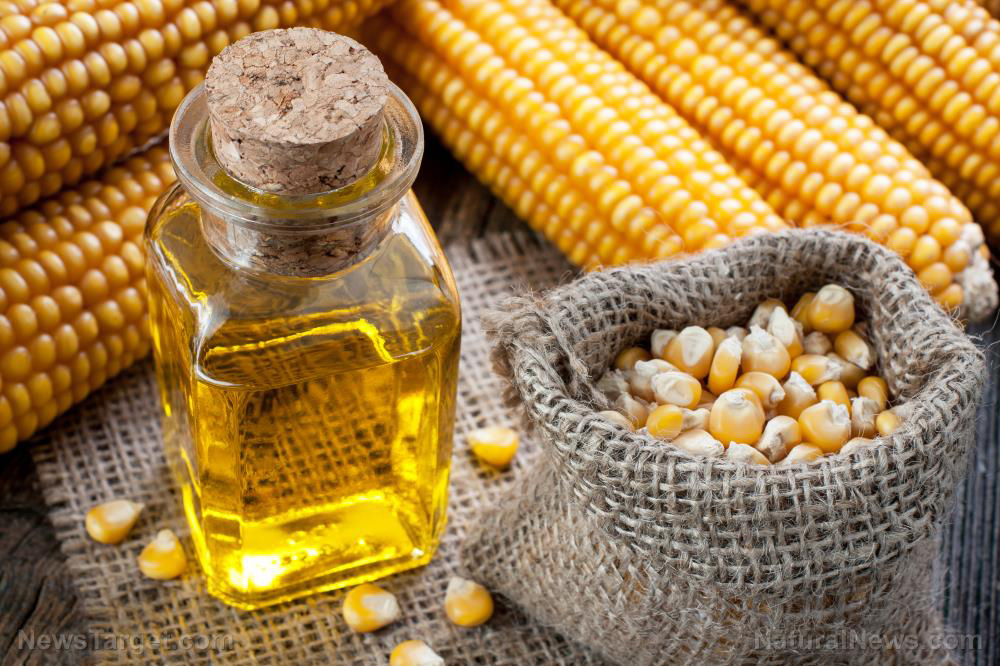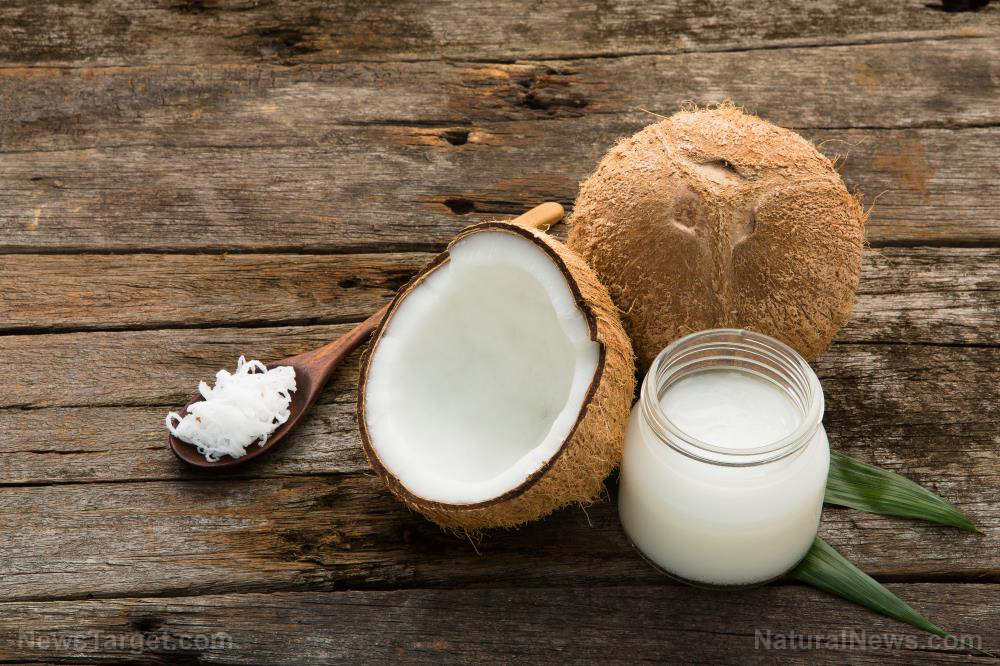Why burgers are bad for you: Study shows processed food and toxic ingredients cause cancer
11/19/2018 / By Zoey Sky

Are you overweight? Do you smoke a lot? Do you always eat fast food burgers and tons of sweets? If you answered yes to one or both of these questions, it may be time to make some lifestyle changes.
If you’re fond of processed food full of fat and sugar, you could be increasing your cancer risk.
The video below, which was uploaded on the official Natural News Brighteon channel, discusses findings from a study that focused on the various factors that contributed to cancer risk.
Watch the full Brighteon.com video here:
The link between processed foods, toxic ingredients, and cancer risk
According to data from a study, most cases of cancer are caused by processed food and toxic ingredients. Researchers warned that lifestyle and environmental factors contribute as much as 41 percent to the risk of developing cancer.
For the study, researchers broke down risk factors into 24 categories. Tobacco smoking was responsible for the greatest cancer burden, accounting for 15.7 percent of all incident cases.
Smoking was followed by physical inactivity and excess body weight at 7.2 percent and 4.3 percent, respectively. One big risk factor is a bad diet which includes too much fat and sugar intake, as well as processed foods. (Related: Drinking sugary drinks increases cancer risk NO MATTER what you weigh.)
Sally Shi-Po Poon, a Hong Kong-based dietitian, advised that consuming at least 50 grams of processed meat every day can increase the risk of colorectal cancer by as much as 18 percent.
Cancer is a lifestyle disease, and it’s up to you to take the necessary precautions to lower your cancer risk.
Healthy foods that can reduce cancer risk
Now that you know what factors can increase your risk of developing cancer, here are some foods that you should add to your diet to improve your overall health:
- Beans – Rich in fiber, beans can help prevent colorectal cancer. Data from both animal and human studies suggest that a higher intake of beans may reduce the risk of colorectal tumors and colon cancer.
- Broccoli – Broccoli is a cruciferous vegetable that contains sulforaphane. This compound is linked to tumor cell death and it can help reduce tumor size in test-tube and animal studies. Increasing your intake of cruciferous vegetables is also associated with a lower risk of colorectal cancer.
- Carrots – Several studies have determined a connection between carrot consumption and a decreased risk of lung, prostate, and stomach cancer.
- Fatty fish – Eating fatty fish regularly can help lower cancer risk. Fatty fish has omega-3 fatty acids and vitamin D, and these two nutrients may help prevent cancer.
- Flaxseed – Flaxseed contains fiber and “good” fats. Study results suggest that flaxseed can reduce cancer growth in breast and prostate cancers. The fiber in flaxseed can also help reduce the risk of colorectal cancer.
- Garlic – Allicin, the active component in garlic, can eliminate cancer cells in various test-tube studies. Research also shows that consuming more garlic can help lower colorectal, prostate, and stomach cancer risk.
- Nuts – According to some studies, an increased intake of nuts can help lower cancer risk. Research revealed that certain types of nuts, such as Brazil nuts and walnuts, are associated with a lower risk of cancer.
- Olive oil – The results of various studies imply that an increased intake of olive oil is linked to a reduced risk of certain types of cancer.
- Tomatoes – Tomatoes contain lycopene and this compound is responsible for its bright red color and anticancer properties.
- Turmeric – The spice turmeric has curcumin, a chemical that can help reduce the growth of different types of cancer and lesions in both test-tube and human studies.
See the full list of cancerous foods and ingredients by watching the video, which you can view at this link.
Visit Cancer.news to read more articles about cancer prevention and the dangers of processed food.
Sources include:
Tagged Under: Brighteon, cancer risk factors, cancer risk reduction, Colorectal Cancer, excess body weight, fat intake, ingredients, men's health, obesity, physical inactivity, processed meat, proper diet, proper nutrition, smoking, sugar intake, Tobacco, women's health

